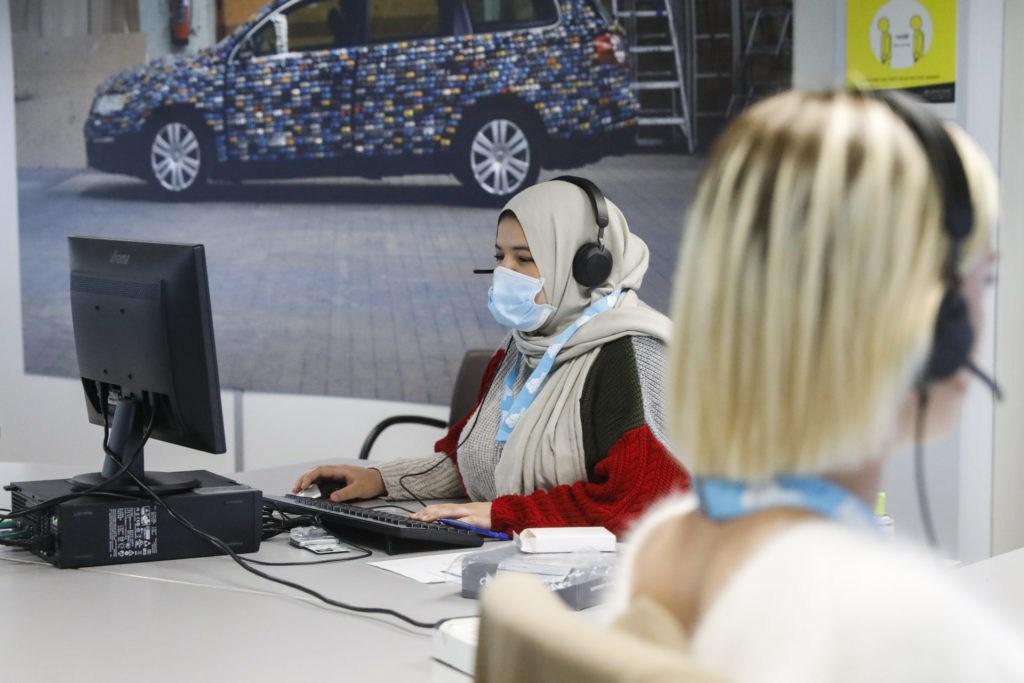Flemish health officials have expressed concern that a lack of cooperation from citizens in contact tracing procedures may undermine efforts to effectively track the spread of the new coronavirus.
Over half of people (62%) who have tested positive for the new coronavirus in Flanders gives incomplete information when contacted by a contact tracer, according to figures obtained by Flemish MP Jeremie Vaneeckhout from Flemish Health Minister Wouter Beke.
Related News
- 20-year-old dies from Covid-19 in Belgium
- Belgium in Brief: New Measures On Thursday?
- Belgian average drops to 533 new coronavirus infections per day
Currently, contact tracers in Flanders have the capacity to reach out to 88% of people who have tested positive for the new coronavirus, according to De Morgen.
But despite efforts to boost the ranks of contact tracers and fine-tune its strategy, its efficacy remains largely limited by the responsiveness, capability and willingness of contacted people to provide information tracers can work with.
"Almost four in ten (38%) of infected patients who are contacted do not pass on any contacts — zero," Vaneeckhout said. "And nearly a third of those who do list their contacts only cite their house or living mates."
The MP said that the incomplete responses by patients damaged the region's capacity to keep tabs on the spread of the virus and foresee the potential oncoming of a new wave, slamming Flanders' "€100-million system" as a "complete failure."
"For 62 out of every 100 positive cases, this means we know nothing more than we already did before the [contact tracing] procedure. This is a complete failure of the contact tracing system, this €100 million instrument that —until there is a vaccine— is supposed to save us from an even greater disaster."
Health officials in Flanders said that, currently, patients contacted were communicating an average of 3.81 contacts, a figure which they said did not match what could be expected based on the actual contacts taking place among communities since lockdown measures were relaxed.
"Based on what we see out there —for example, the fact that we are allowed to go to sports clubs again, and with most people seeing five contacts on a regular basis—, you would expect that we would receive more contacts from more patients, more, in any case, than the average of 3.81 people that are being reported."
The Brussels Times

